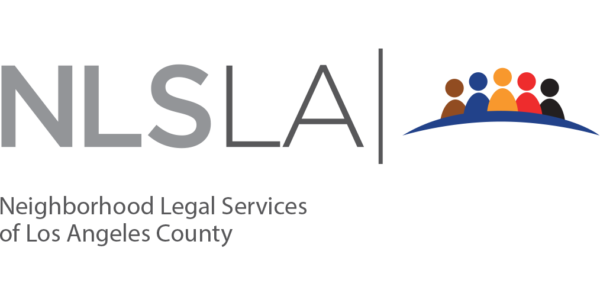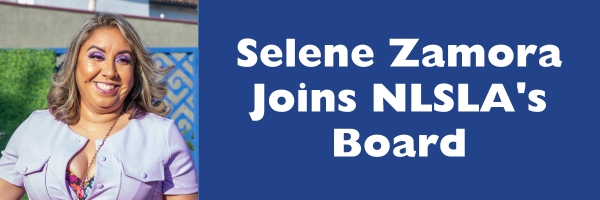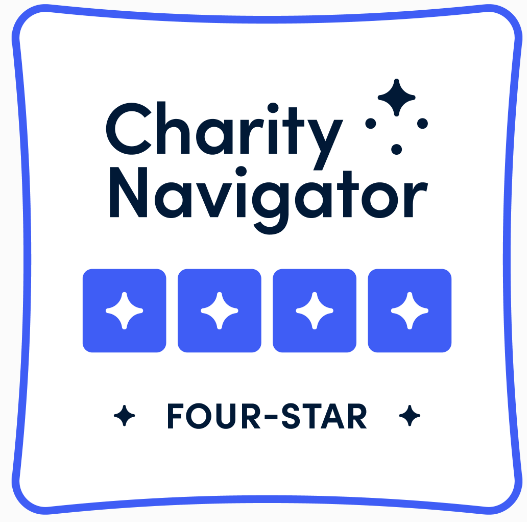New Board Member’s Long, Courageous Path to Safety and Stability
Selene Zamora grew up dreaming of the perfect family—one that stood in stark contrast to her own difficult reality. Selene grew up in Mexico City with an abusive, often absent mother. With support from extended family, she was able to make her way to college to study journalism. When she met the man who would become her husband, she believed she had finally found the loving home she had longed for growing up. But by the time her son Isaac was born, her husband was addicted to drugs, and their lives derailed.
“He started selling my stuff to get drugs. Also, we lost the house. We had to ask many people to stay a night, or sleep at a hotel.” Selene knew she had to do something to change course. Her father had by then been living in the United States, and in 2005, Selene decided to bring her family there. She believed the change might set things right, and hoped her husband would become the father and partner she had once believed he could be. Instead, as her family grew, the abuse escalated.
“He started hitting me. He started to hit my kids,” she said. “And I was alone. There was nobody to tell me, ‘Oh, you can do this. You can call the police.’ Nobody. It was really, really hard.”
Selene was afraid of seeking help. She was undocumented, and worried that if she went to the authorities, she might be separated from her U.S.-born children and sent back to Mexico. Her son Dominic lives with disability, and he depended on Selene for his every need. What would happen to him if she was taken away? And even if she could stay, how could she support her kids on her own?
Selene stayed in the relationship, and the abuse became more difficult to hide. “He hit me with a belt, so all my body was with bruises,” she said. “He kicked my eye and I had a scar. So everybody knew that he hit me.”
Then her son, Isaac, told her that she knew what she had to do, and pleaded with her to do it. That’s when Selene knew she had to leave.
She came to NLSLA for help, and began the long, difficult path to healing and stability. She received both legal and social services at the organization, working with lawyers to get a U-Visa—a special immigration status for the victims of crime who work with police to bring their abuser to justice—as well as permission to become her son’s In-Home Supportive Service provider. She also engaged in individual and group therapy with NLSLA’s social work team, and began to pursue an education in the US.
A couple months ago, NLSLA asked Selene to join its Board of Directors. Her journey is a testament to her immense courage and strength. It’s also a remarkable example of what can happen when the victims of abuse are provided the legal services they need to survive, along with the social services they need to thrive.
Watch a short video to learn more about Selene’s story HERE.



